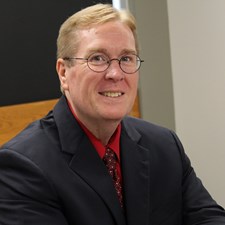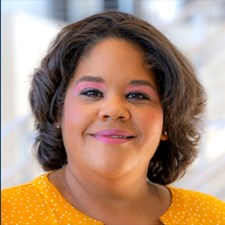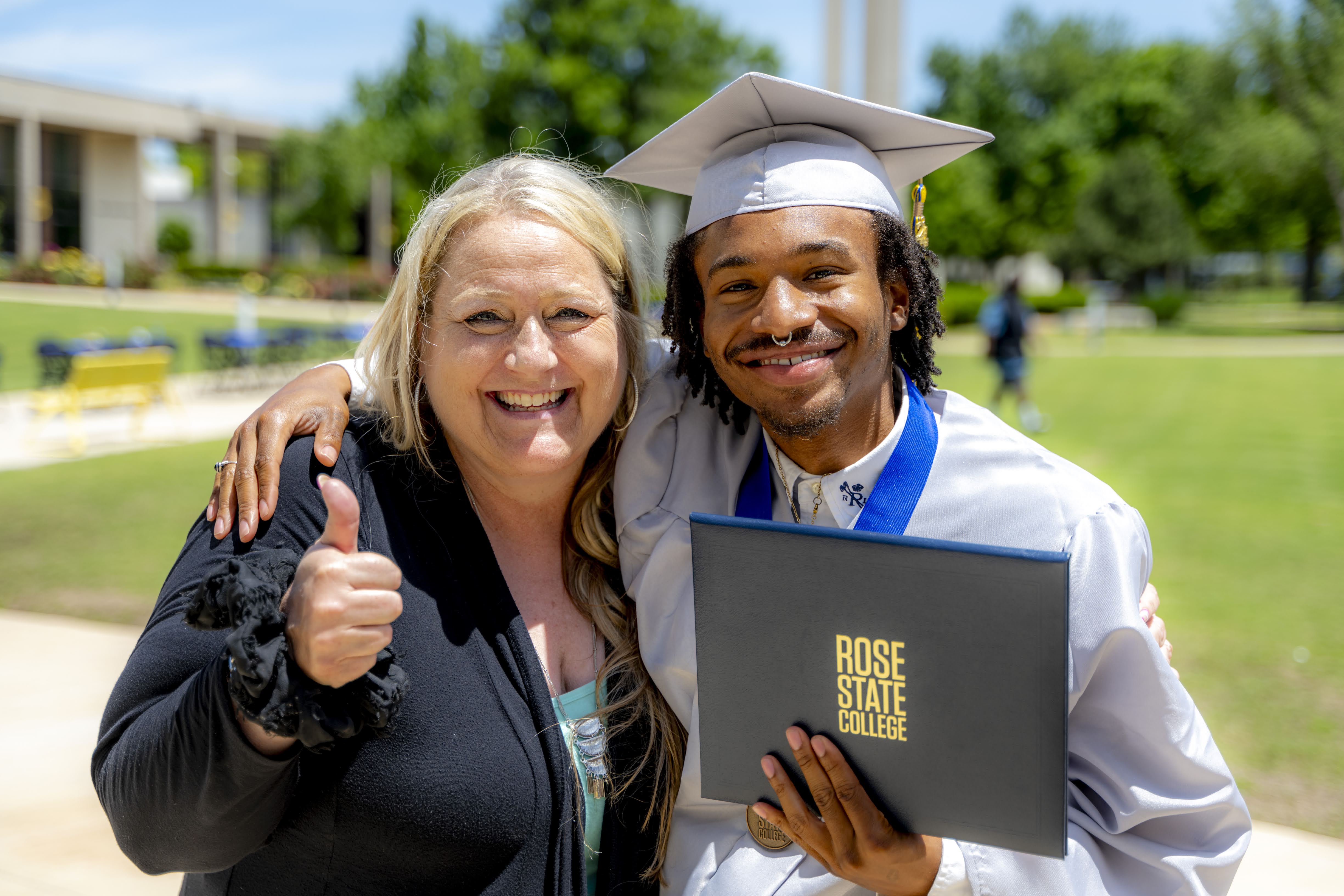Overview
Political science is an area of critical thought and intellectual pursuit that is alive with emerging fields, evolving applications to worldly issues and rigorous debates of timeless questions. For general purposes the discipline is broken down into subfields. These subfields are: American political behavior; American political institutions; American public policy; American state and local government; comparative politics; international relations; and political theory.
Political scientists study public opinion, interest groups, political parties, Congress, the presidency, bureaucracy, judiciary, state institutions, local political processes, the politics between countries, the different political systems in the world, the historical ideas and ideals of politics, and political values. At Rose State we offer a wide variety of courses addressing these topics across the various subfields.
Department Overview
Political Science is one of the most relevant and popular areas of study for college students. In the past decade, we have witnessed life altering events that shape the lives of students: the 9/11 attacks, wars in Afghanistan and Iraq, Hurricane Katrina, the election of the first African American president, and an economic recession. As the world changes and America adjusts to deal with these issues, political science offers insight into how and why these events occurred. Our society is interdependent with the majority of the world due to economic systems, trade agreements, and information exchange. This reality makes the world a smaller place, meaning world events have a direct influence on American communities. It is important for students to be able to understand how these events directly affect their community and their lives.
The Associate in Arts in Political Science at Rose State College is designed to provide students with a good preparation for entry into a four-year college or university. The Political Science program at Rose State provides students knowledge of: the role of American government institutions, the mediums for citizen access and participation in the American political process: International Relations; domestic public policy issues; and the theories behind the political ideals of America. The program also fulfills a major support role for the college’s general education function, providing students with the basic knowledge to engage in the political process and become responsible citizens of their community.
Requirements
The Political Science program is a general study program that traditionally takes about four semesters of full-time coursework to complete. The goal of the Associate in Arts in Political Science degree program is to provide students with a transfer program which focuses on the political system at the local, state, national, and international levels with coursework in comparative political systems, international relations, contemporary issues, and state and local governments.
Specific objectives include providing students with:
• The ability to understand and analyze different political systems and issues;
• The ability to understand and analyze different governance systems as they relate to political theory;
• Foundational support courses that provide a historical perspective to their studies; and
• A general education foundation from which to learn to communicate, to think critically, and to analyze problems.
The required courses for the General Option are POLS 1113: American Federal Government, POLS 2103: Introduction to Political Science, POLS 2203: Introduction to Public Policy, POLS 2603: Introduction to Public Administration, and POLS 2803: Introduction to Political Theory.
Political Science, General Study Option (PDF)
What is required of a student?
In order to be a successful student within the political science curriculum, a student needs to display reading comprehension skills, time management skills, a strong work ethic and ask for help when they are lost or stuck on a particular topic. The faculty and curriculum will develop a student's critical thinking skills, ability to discuss/debate a topic using etiquette, appropriate evidence and tolerance for the views of others. The student is required to retain the information taught within the curriculum and develop thoughts and views based on scholarly work, life experiences and intellectual contemplation. In short, the faculty provides you with the various arguments surrounding a topic and the student must be able to take this information and formulate an argument or opinion for themselves.
What happens after graduation?
An Associate of Arts degree in political science provides a firm foundation for transfer to a four-year institution. People with political science degrees find employment in a variety of occupations. Students with political science degrees are employed as a paralegal, policy analyst, research assistant, market analyst, educator, journalist, congressional staffer, customs officer, government analyst, immigration officer, foreign service officer, elected official and as an administrator in local, state and federal government. Some occupations utilize the political and sociological study found in political science, while others utilize the communication and analytical skills developed in a political science education.
Why choose the Rose State College Political Science?
The faculty at Rose State College is extremely knowledgeable, friendly and student-oriented. The faculty has over twenty-five years of teaching experience, over twelve of which have been acquired at Rose State. Our faculty hold the Ph.D. and Master of Public Administration degrees. Each faculty member is distinguished in their field through their accomplishments, some of which include publications, conference presentations, community service and institutional service. In addition to our accomplished staff, we offer a student-oriented academic environment with small class sizes, usually limited to about 35 students.
What courses do you offer?
In addition to our required courses, the department offers POLS 2093 Special Topics in Political Science; POLS 2191-3 Internship in Political Science; POLS 2213 Introduction to Campaigns and Elections; POLS 2303 Introduction to Mass Media and Politics; POLS 2703 Introduction to State and Local Government.
What do the course numbers mean?
The political science department offers courses at the 1000 and 2000 level. The 1000-level courses are the same political science courses one would take at the freshman level at a university, such as Political Science 1113. The 2000-level political science courses are the same political science courses one would take at the sophomore level at a university. You do not have to take the courses in numerical order, although the 1000-level courses usually provide a background in political science that you might find helpful in a 2000-level course.
Which political science courses transfer to a university?
Rose State political science department synchronizes course numbering, titles, and descriptions with four year institutions. Thus, every political science course either transfers as a department requirement/elective or a general university requirement/elective.
Do you offer online courses?
The political science department does offer online courses. The courses vary depending upon the semester. Typically, in an academic year we offer POLS 1113, POLS 2103, POLS 2203, POLS 2213, POLS 2303, POLS 2603 and POLS 2703.
Are there organizations that provide further information about political science?
Yes, a good place to begin your inquiry into political science and the employment opportunities for political science graduates is the American Political Science Association and public service careers (Public Service Careers) .
Faculty







